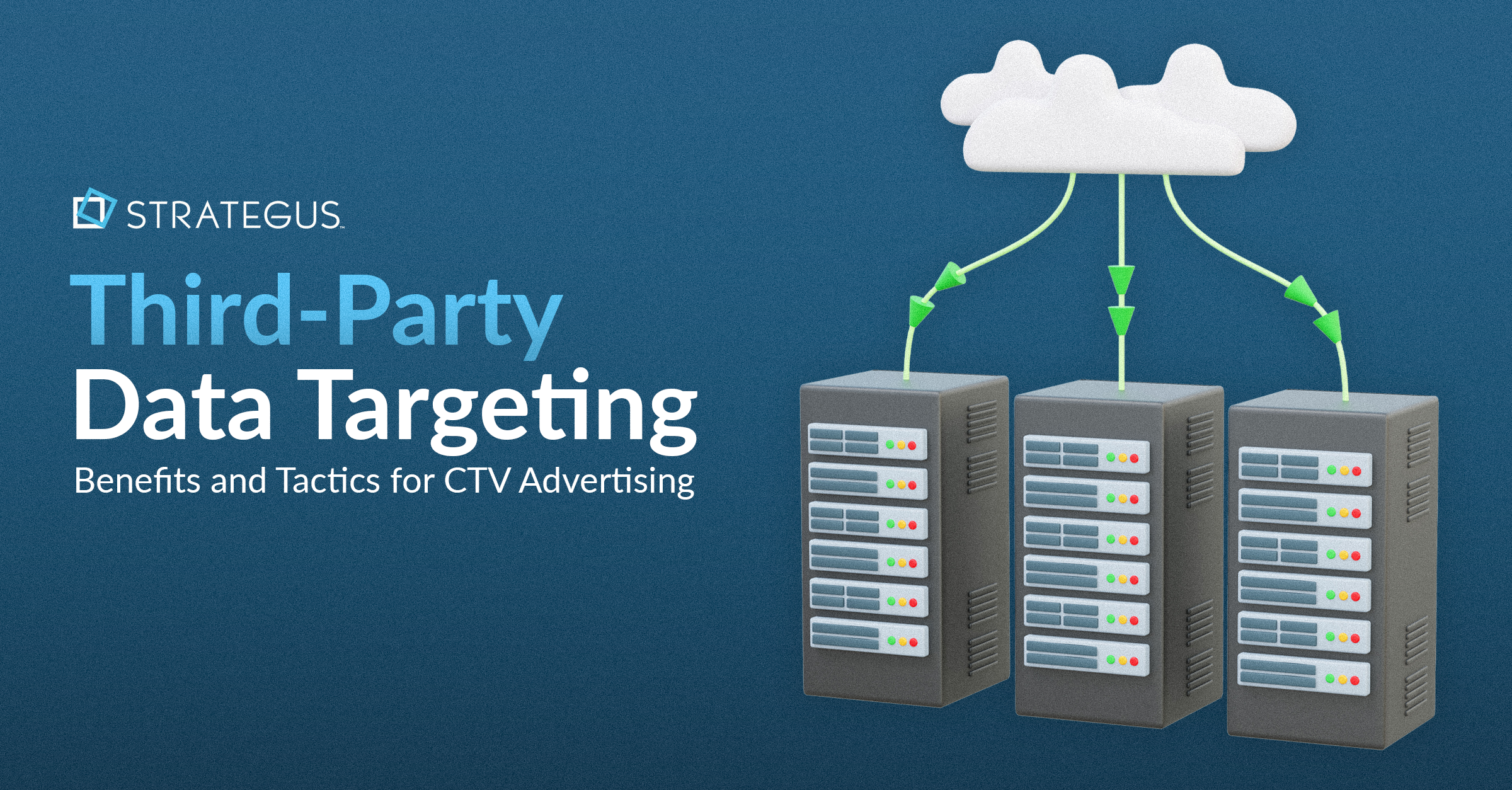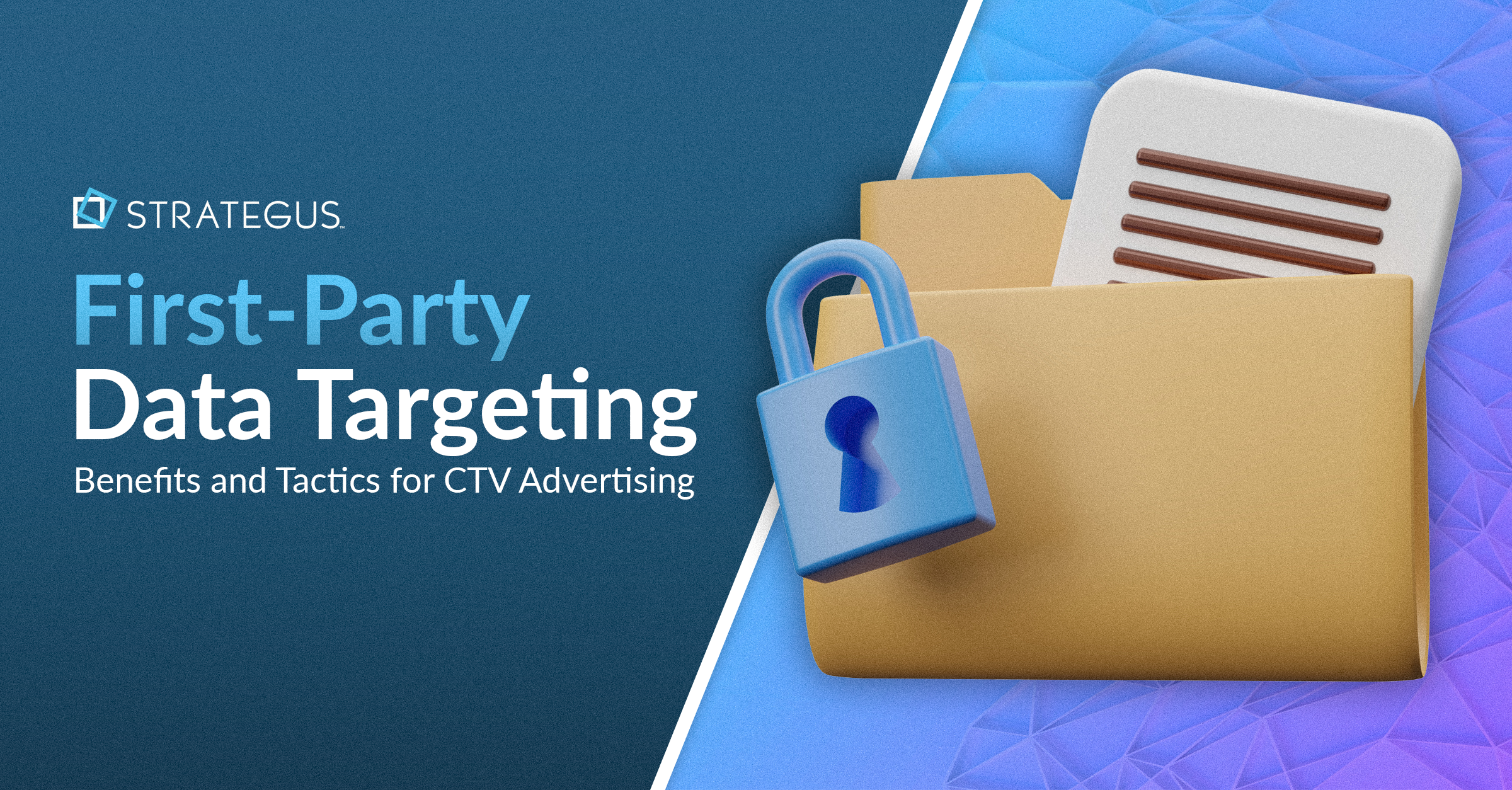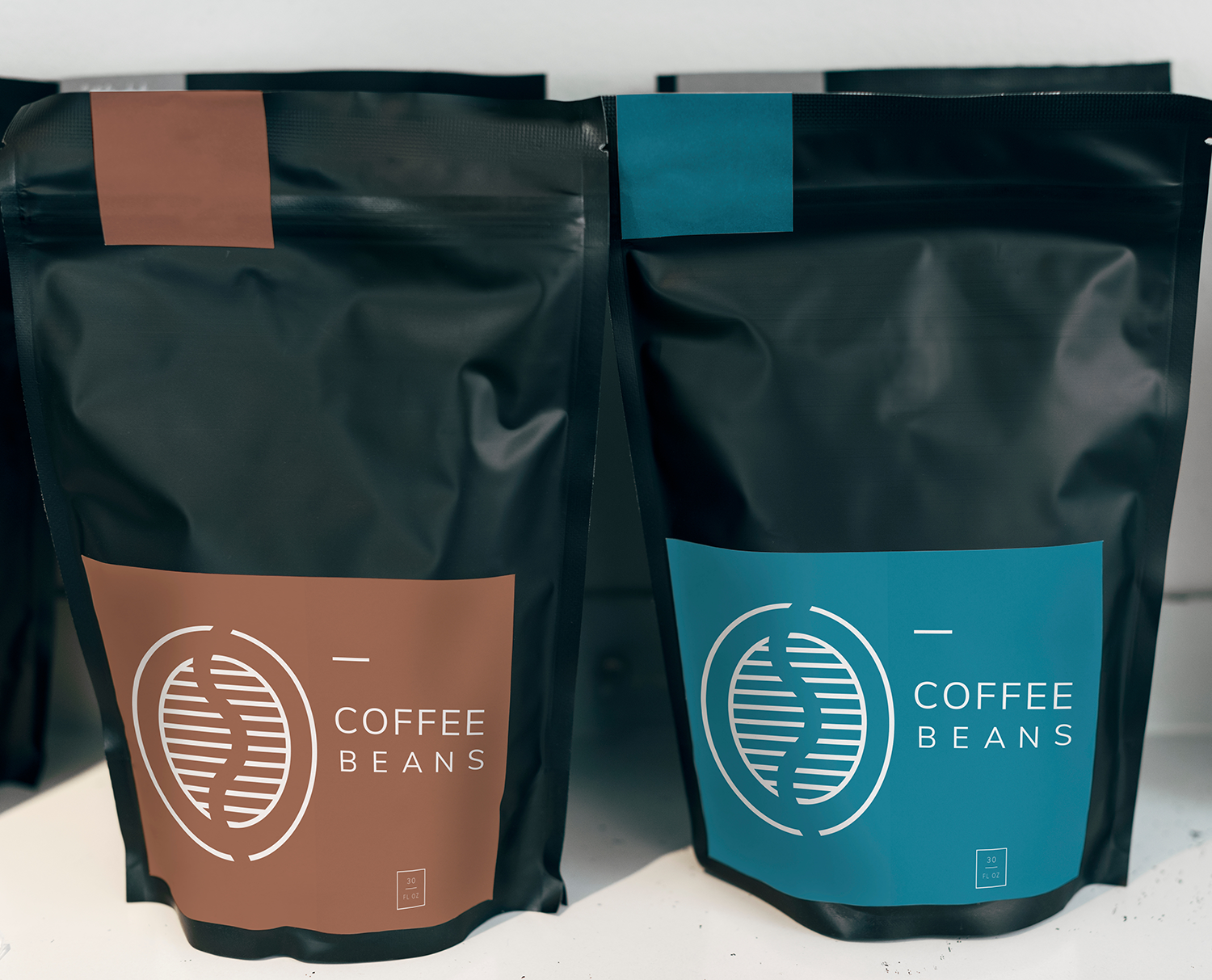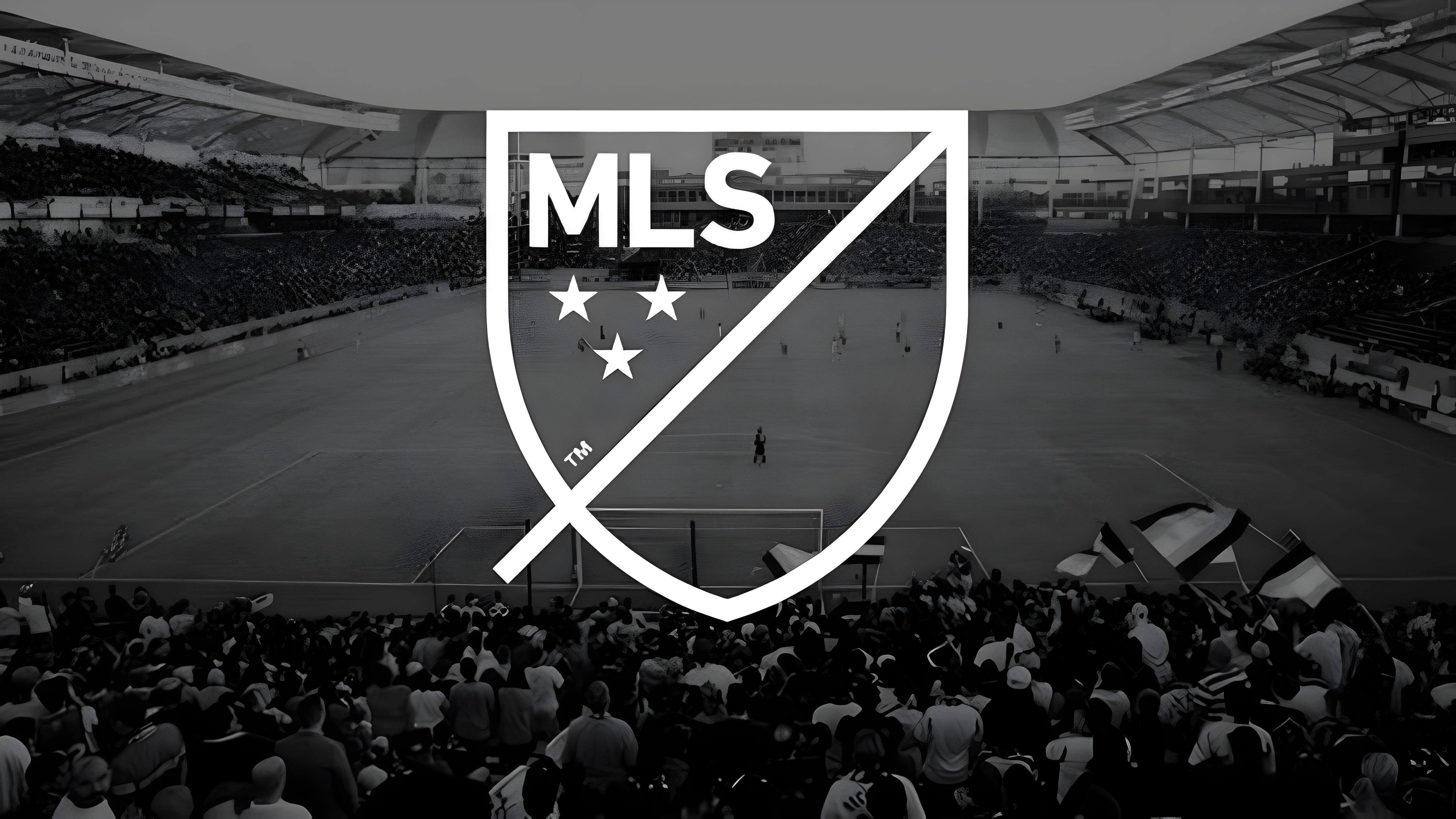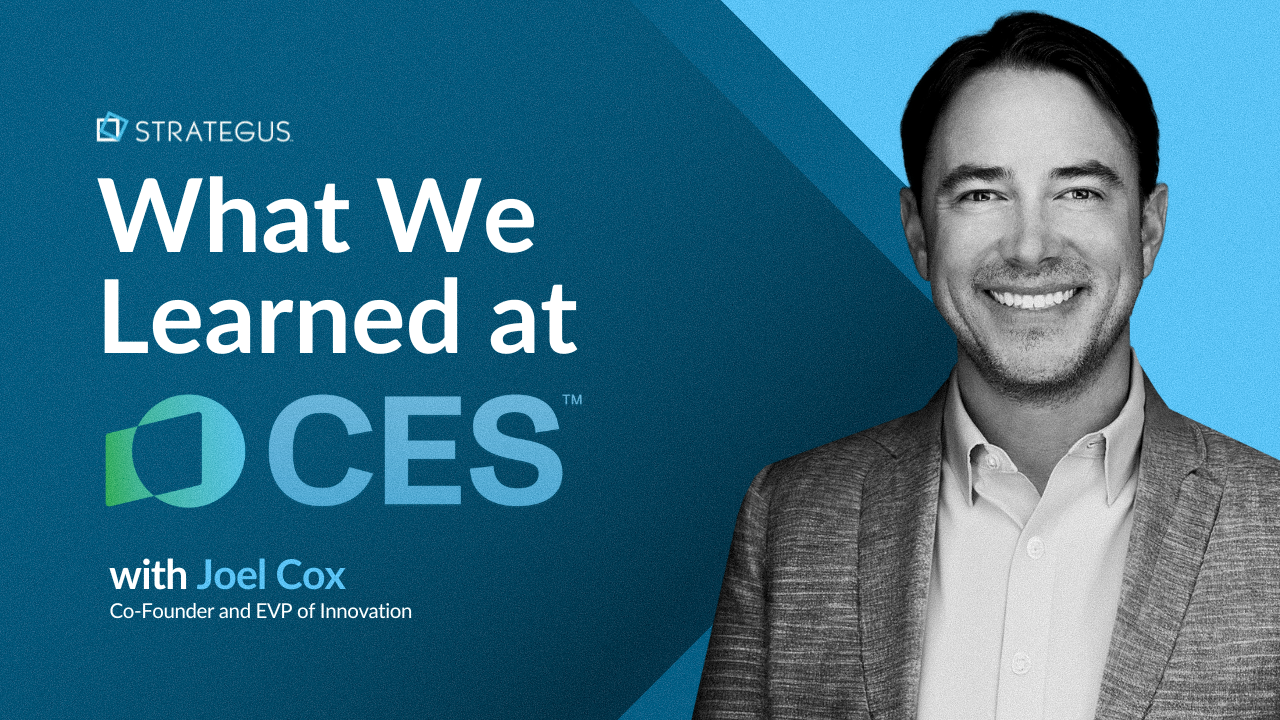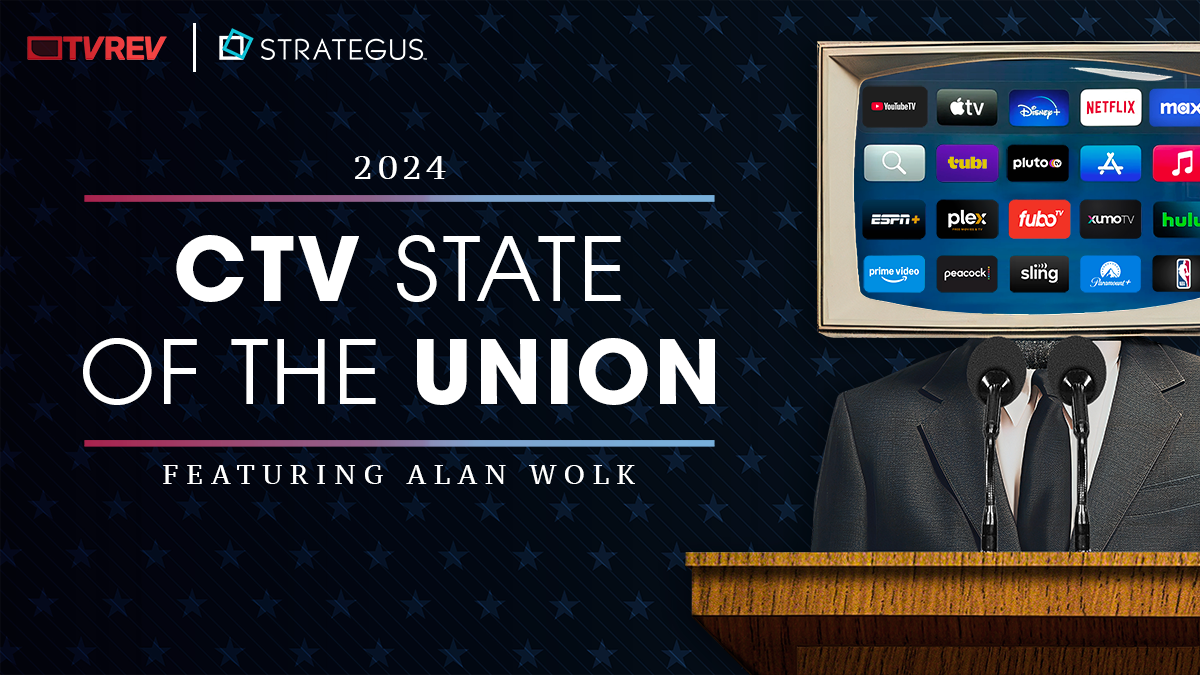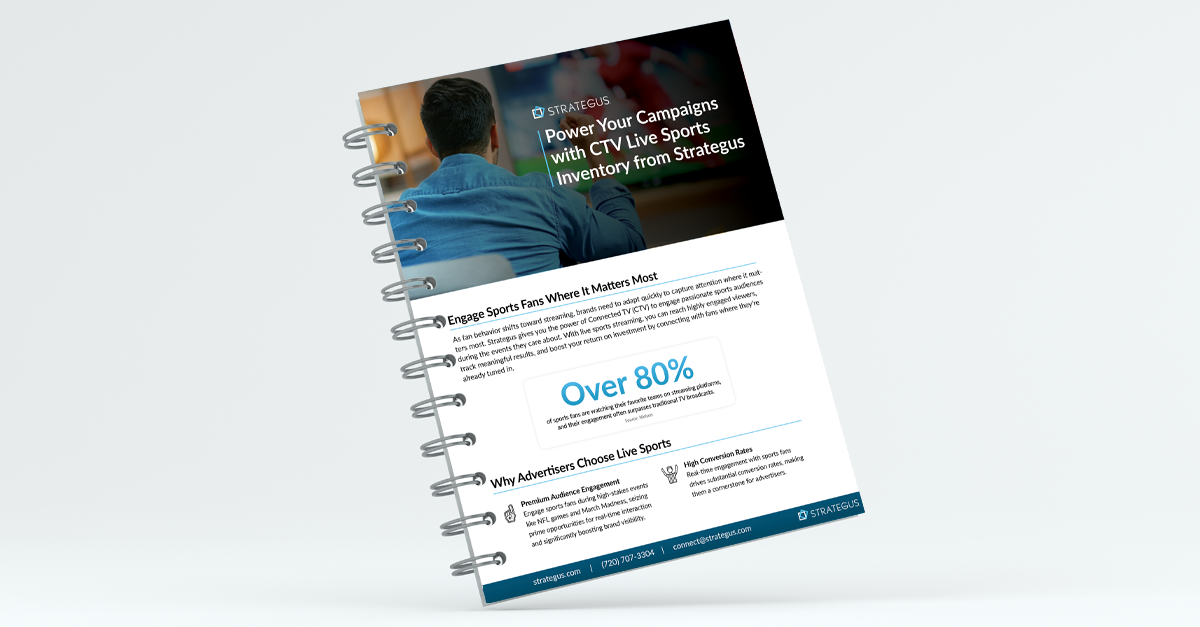- Home
- Strategus Blog
- Designing a Campaign for Success
Designing a Campaign for Success
 Andy Dixon
Andy Dixon
2 minutes read

Designing a campaign for success is much easier said than done. And for some, the inevitability of a campaign failing can make the work it takes to create a successful campaign feel pointless. Some might say you don’t know what to expect from your campaign until some time down the road. But, here at Strategus we like to think we have the right amount of experience, and the right set of tools to come up with performance predictions. And even if those predictions on occasion fall short throughout the lifetime of the campaign, we at least know we built the right foundation to allow us to nimbly react to performance shifts. Therefore, we build and design marketing campaigns with a set of predetermined results – results we’re willing to put to the test.
When designing your campaigns for success at Strategus, we like to keep these important things in mind.
-
What is the objective of the campaign? Is it to deliver traffic, or leads and sales, or just brand awareness? These objectives can work together, but it’s important to measure them separately to keep future data clear and optimizations obtainable.
-
What are your key performance indicators (KPIs)? In other words, what will you be measuring to determine the success of your campaign? Your KPIs are the road map to your campaign’s success. Without them, you’ll be lost and your campaign’s will be running without any direction.
-
How much time will it take until you can say you’re on the right path to success? Establish a timeline for when to expect results. For most campaigns, short-term data won’t provide enough insight to determine if your campaign is success or not.
-
Are there any outside factors that could positively or negatively affect the results of the campaign? For example, are you running a campaign during the off-season of your industry? Or, perhaps a recent article was written about your company in a well-established and highly visited online news forum. Outside influences can lead to false positives, so stay privy to those while keeping them annotated in your reporting.
-
After success, what are next steps? Be sure to assess what went right and what went wrong during the duration of the campaign, and learn from your mistakes and triumphs. Consider allocating your return on ad spend toward the next iteration of your campaign.
Whether you’re launching a display campaign, paid search campaign, email campaign or video campaign, what you do prior to launch will be the key to your campaign’s success. Improvements will absolutely be made overtime, but it’s much easier to improve a campaign that was built to achieve clear goals and objectives from the beginning.

Andy Dixon is a seasoned Content Writing Specialist at Strategus, renowned for his expertise in creating engaging and impactful digital content. With over a decade of experience in content creation, Andy has honed his skills in a variety of niches, ranging from technology and marketing to education.
Strategus is a managed services connected TV(CTV) advertising agency with over 60,000+ campaigns delivered. Find out how our experts can extend your team and drive the result that matter most.
Talk to an Expert
Seeking a Custom CTV Strategy That Delivers?
What to read next
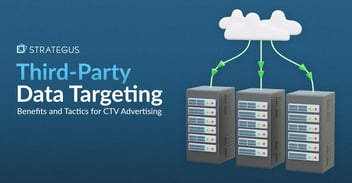
Third-Party Data Targeting for CTV: Benefits & Tactics
Third-party data. It’s a term that’s thrown around, and yet few take the time to detail its pros and cons — much less strategies for using...
7 minutes read

First-Party Data Targeting: Benefits and Tactics for CTV Advertising
First-party data is the information that companies collect directly from their customers rather than through intermediaries. Advertisers use this...
10 minutes read

Foot-Traffic Attribution: Tying Ad Impressions to In-Store Visits
The marketing funnel has changed. Today’s shoppers often begin researching products from the comfort of their homes and don’t set foot into a store...
8 minutes read

CTV Attribution: What It Is and How It Works
Connected TV (CTV) viewing is on the rise — and that’s good news for marketers. Not only can CTV ads be precisely targeted to individual households,...
9 minutes read



